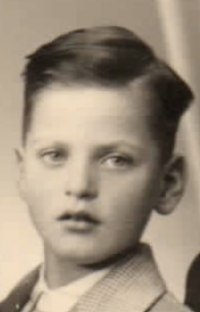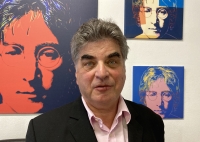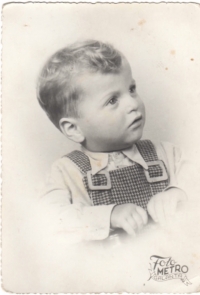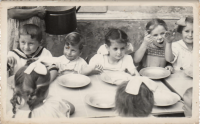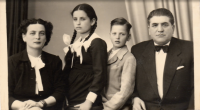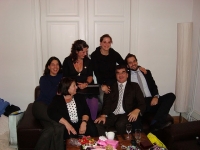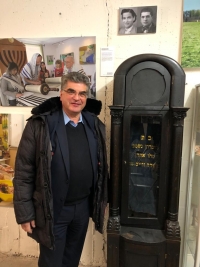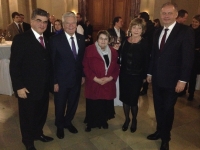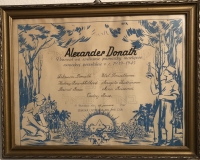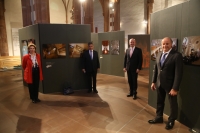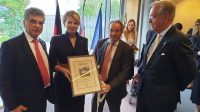He grew up in Czechoslovakia in the 1950s as a proud Jew
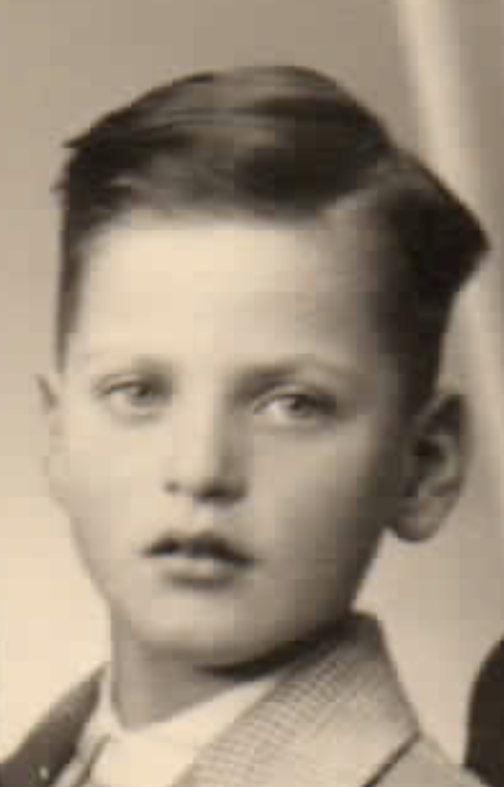
Stáhnout obrázek
Imrich Donath is a descendant of a wealthy Orthodox Jewish family from Sala, where he was born on December 13, 1947. Both parents survived the concentration camps. After February 1948, the communists nationalized their family wholesale and vinegar factory. Most of the relatives moved to Israel, due to the health problems of Imrich and his sisters, his parents did not want to leave. His father found a job as a warehouse manager. The family also lived a religious life during the 1950s and 1960s, despite the fact that the father was unemployed for two years in the late 1950s. Imrich went to Galanta every Sunday for the Jewish religion lectures and in 1960 he celebrated a bar mitzvah in the Bratislava synagogue. After the abolition of the synagogue in Sala in 1958, a minyan took place at home at Donaths, where they transferred a box with a Torah. He was raised to be a proud Jew and did not experience anti-Semitism as a young man. In 1965, he began his studies at the University of Economics in Bratislava, he spent the third year in Warsaw, where he experienced March student protests in 1968. During the summer holidays, he spent August ‚68 in Vienna on a language course, where he was caught in the news of the invasion of the Warsaw Pact troops, and on that day he decided to emigrate. He left Vienna for Frankfurt, where he was promised a scholarship. A year later, he was visited by his father, who was considering coming to Germany with his wife (Imrich‘ mother), but they already felt old. In 1975, the Communists evicted their parents from their birthplace. Imrich visited Šala for the first time after emigration after ten years, after redeeming himself from the state union with Czechoslovakia. After November 1989, he co-founded the German-Czechoslovak Economic Association to support economic transformation. In 2002 he was appointed Honorary Consul for the Land of Hessen and in 2008 he became an honorary citizen of the town of Šaľa. Until 2015, he worked as an insurance agent for Allianz. By organizing art exhibitions, he actively advocates for the visibility of Slovakia, and ist Jewish history and present. He is also involved in the Jewish religious community in Frankfurt.
